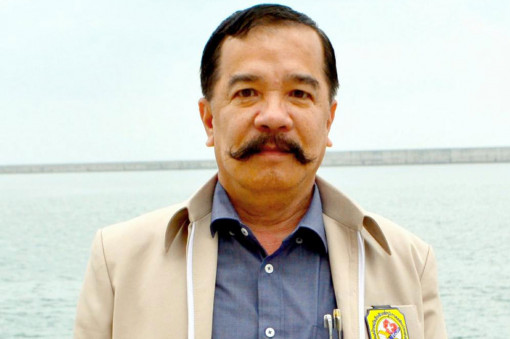
Senators who come from professional group No.18 — mass communications and literature — have pledged to elevate the status of media professionals and improve their quality of life.
Sen Chaiyong Maneerungsakul told the Bangkok Post that Senate candidates in Group 18 who were elected recently came from various media backgrounds. Some worked as public relations officers in hospitals. However, as the most senior senator in that group, Mr Chaiyong said he was ready to use his experience to bridge the gap between others in the group and help achieve those goals.
Mr Chaiyong, 68, also serves as chairman of the Southern Newspaper Association of Thailand and head of the Daily News Southern Office.
He said the welfare of local journalists, especially those who work as news stringers or local correspondents for news agencies, has not improved since he started his job in 1974.
Mr Chaiyong said 95% of local journalists work as stringers or local correspondents for their news agencies in Bangkok.
They only receive payment for each piece of news if it is published in newspapers, on radio shows, or featured in television coverage.
“Many agencies’ decisions to cut pay for those correspondents make working as a local journalist similar to working as a volunteer. They have to do side gigs and are compelled to be as ethical as possible,” said Mr Chaiyong.
He said most try to work with as many news agencies as possible, and some work for six television channels simultaneously. To make ends meet, many are involved in shady local businesses, he added.
“I will work as a medium between the locally trained and professionally trained journalists so as to find a [means of] mitigation that can help improve the well-being and reputation of these journalists,” he said.
Meanwhile, Sen Tewarit Maneechai, former editor-in-chief of Prachatai, said he intended to join the House Committee on Political Development, Mass Communications, and Public Participation and the Committee on Human Rights.
His main goal is to push journalism protection laws, including the Anti-Strategic Lawsuit Against Public Participation (Slapp) Bill, which he said is expected to protect smaller media outlets and individual journalists who might be bullied by the public sector or business investors for sharing the news.

Tewarit: Pushing protection laws

